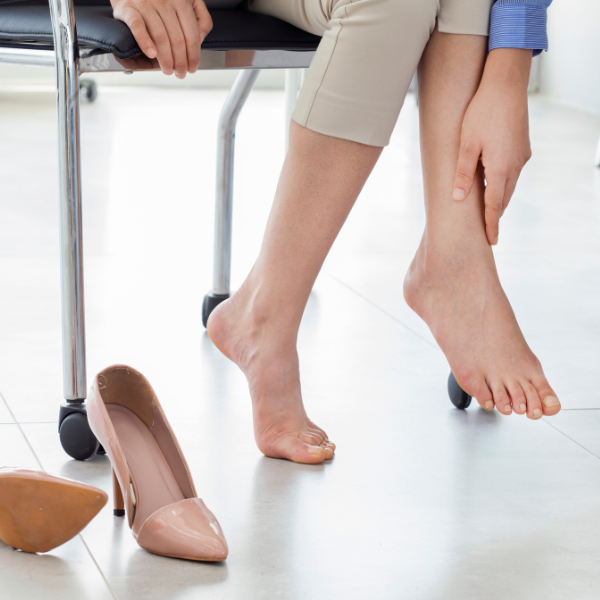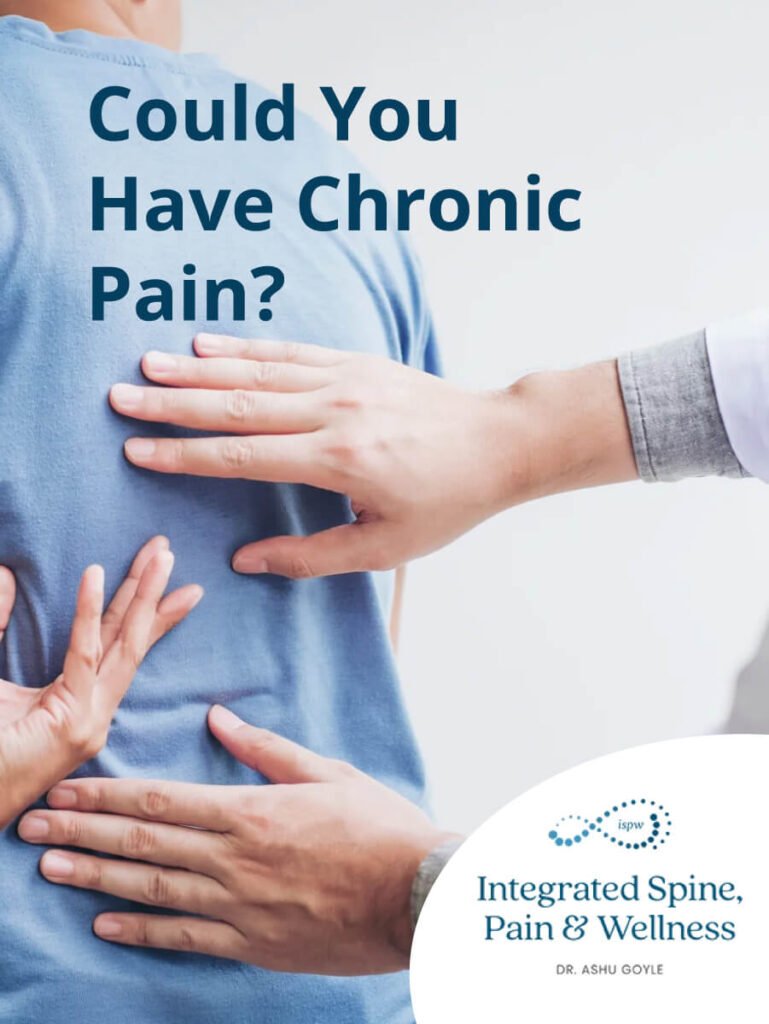One Chronic Pain condition that is common in some patients is Peripheral Neuropathy. This pain condition is the result of damage to the nerves located outside of the brain and spinal cord.
The peripheral nervous system sends signals from your brain and spinal cord to the rest of your body.
When damage occurs to this system a patient may feel weakness, numbness and pain, usually in the hands and feet. The pain is mostly described as burning, stabbing or tingling.
Most common causes of this pain condition include, metabolic issues, infections, traumatic injury, inherited causes and the most common, diabetes. If you’re experiencing any of the following symptoms it’s important to speak with your doctor:
- Sharp, throbbing or burning pain
- Very sensitive to touch
- Lack of coordination and falling
- Numbness, prickling or tingling in your feet or hands, which can spread upward into your legs and arms
- Muscle weakness
Peripheral Neuropathy
Peripheral Neuropathy is treatable and usually subsides with the right treatment. At Integrated Spine, Pain and Wellness we take a non-narcotic and non-surgical route to try and heal a patient suffering with chronic pain in Scottsdale.
There are several different lifestyle changes that can be done at home to help reduce your symptoms, these include:
- Diet- eating an anti-inflammatory diet can help reduce chromic inflammation in the body, which will help to reduce pain. Cutting out sugary drinks and snacks, limiting processed foods, increasing your water intake, as well as fruits and vegetables.
- Quit smoking- Smoking is a risk factor for peripheral neuropathy because it narrows and damages peripheral blood vessels. Smoking can also cause the symptoms of this chronic pain condition to be worse.
- Topical treatments– Capsaicin cream, which contains a substance found in hot peppers, can cause modest improvements in peripheral neuropathy symptoms. This cream is natural and can be found over the counter.
- Spinal Cord Stimulator- is a new and very effective way to treat peripheral neuropathy. Spinal Cord Stimulators replace the sensation of pain with light tingling, called paresthesia. This procedure is done in office and is minimally invasive.
You don’t have to live with the symptoms of peripheral neuropathy. If you or someone you love is experiencing any of the above symptoms, talk to your doctor about scheduling an exam.
The mission of ISPW is to deliver compassionate, ethical, individualized patient-centered care based on integrity, authenticity and empathy. We aim to empower the patient with a better quality of life using innovative techniques, complementary and alternative modalities, and evidence-based medicine.
This practice is committed to delivering personalized care and evidence-based treatments to help decrease patients’ pain and suffering. ISPW offers cutting-edge regenerative medicine and regenerative therapies not only for painful conditions but also as part of our aesthetic medicine program. Dr. Goyle has been practicing interventional pain medicine in Scottsdale, Arizona for over a decade.
At ISPW Dr.Goyle offers a comprehensive approach to treating Chronic Pain by identifying the root cause of the issue instead of just the symptom. Contact ISPW at www.ispwscottsdale.com or 480-660-8823 7425 E Shea Blvd. Suite 102 Scottsdale, AZ 85260.
Dr. Ashu Goyle is a double board-certified, fellowship-trained anesthesiologist and interventional pain specialist. His Pain Medicine Fellowship at Cleveland Clinic afforded him the unique opportunity to not only train at one of the nation’s top hospitals and teaching institutions but also with the world’s leaders in pain medicine. While at Cleveland Clinic he received extensive training in acute and chronic pain management.


